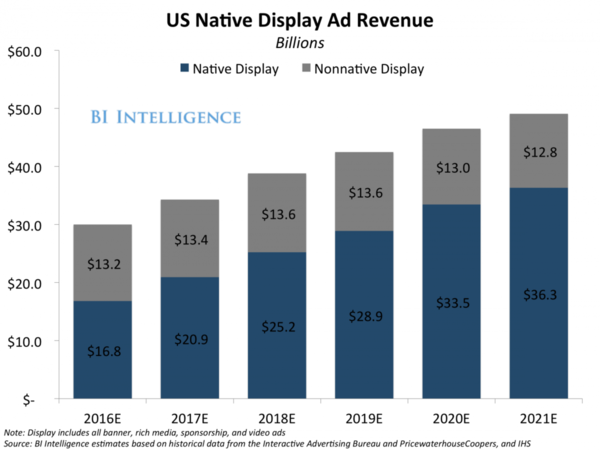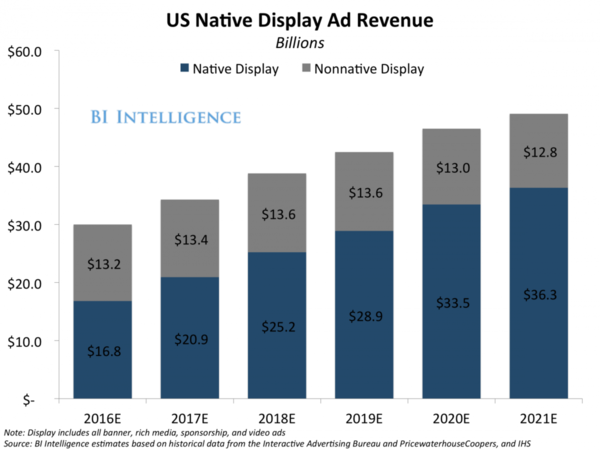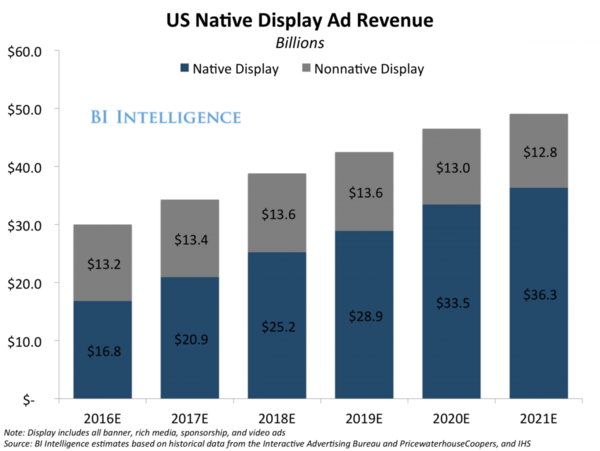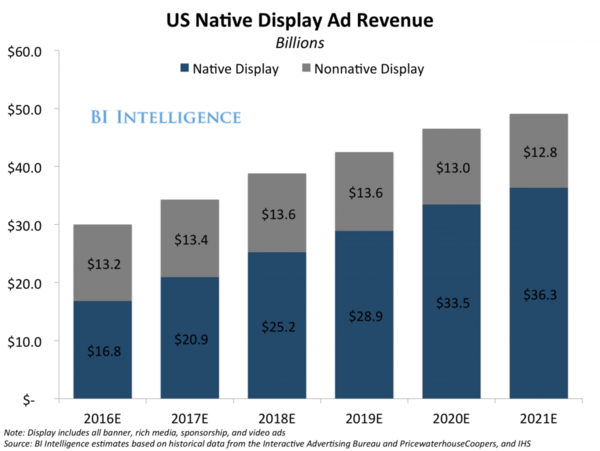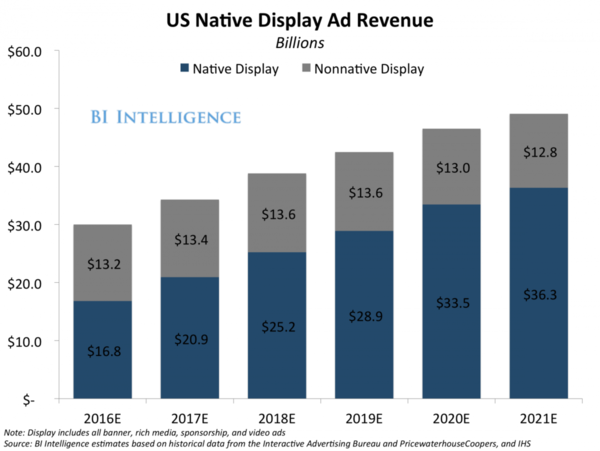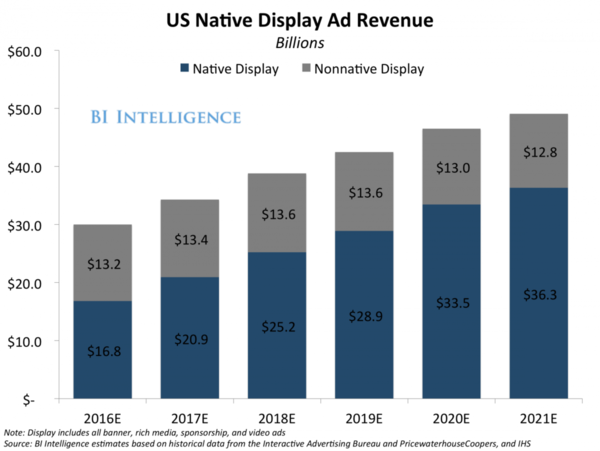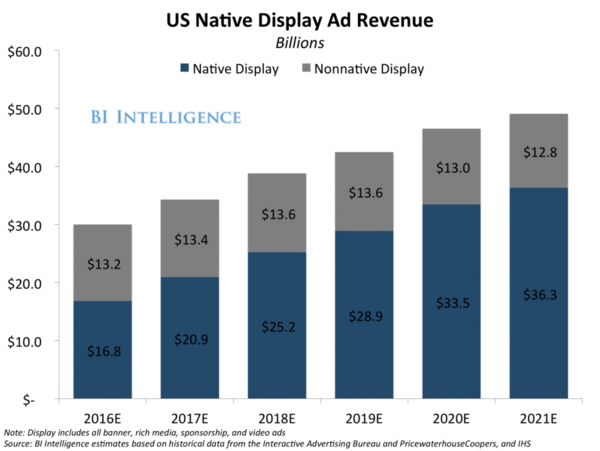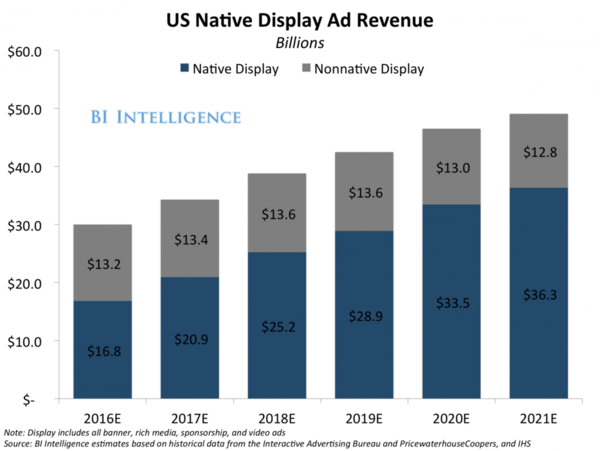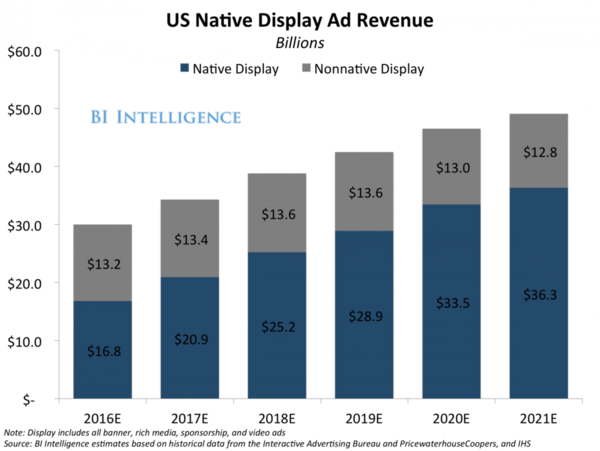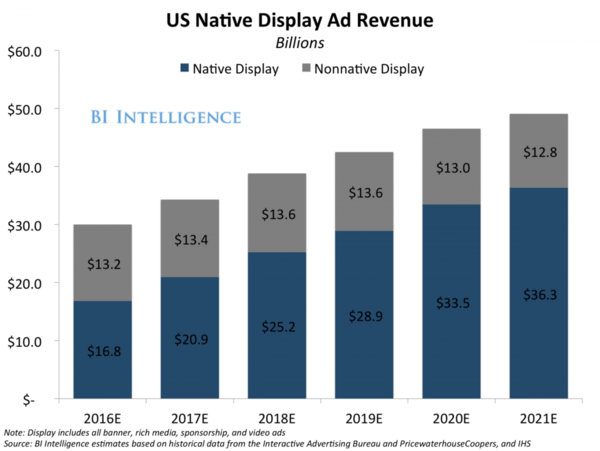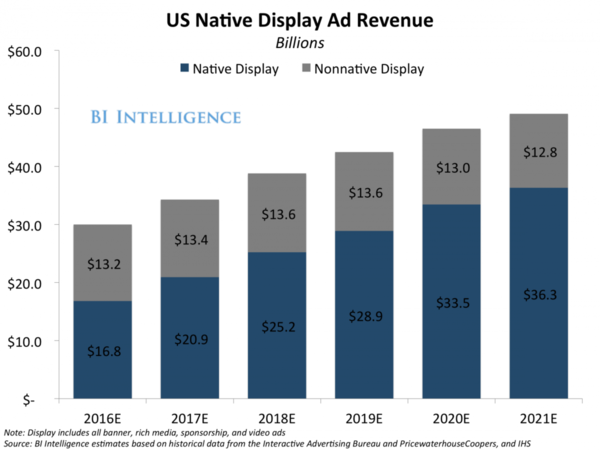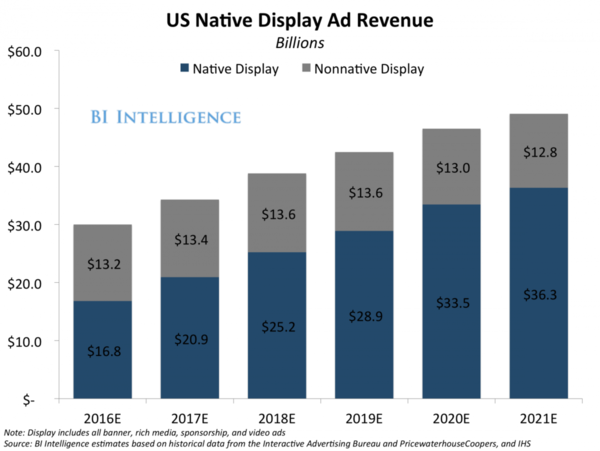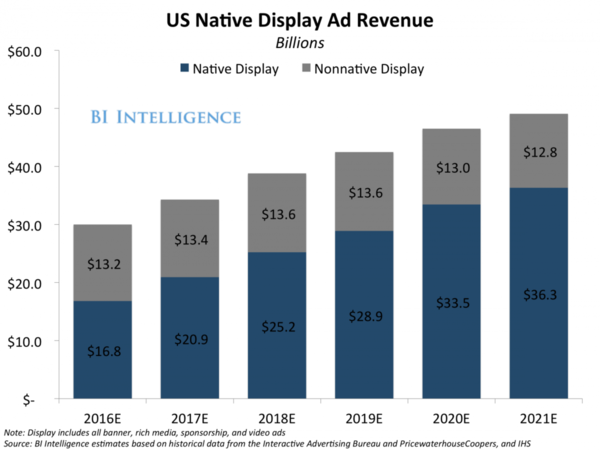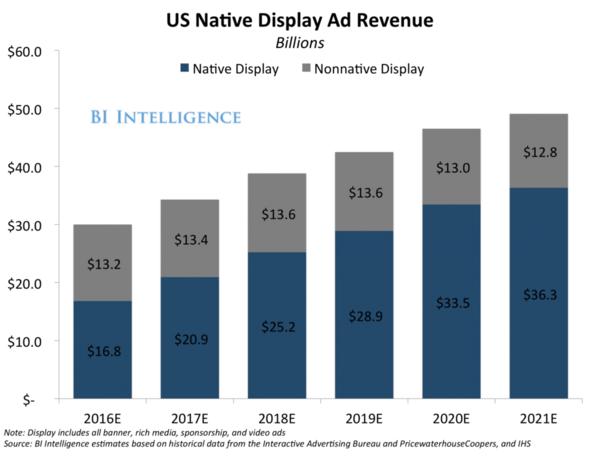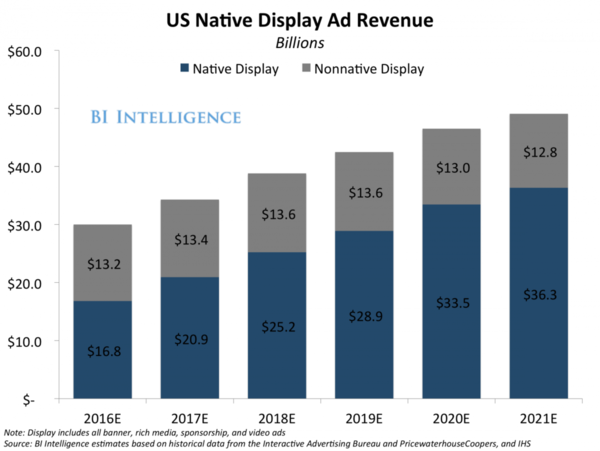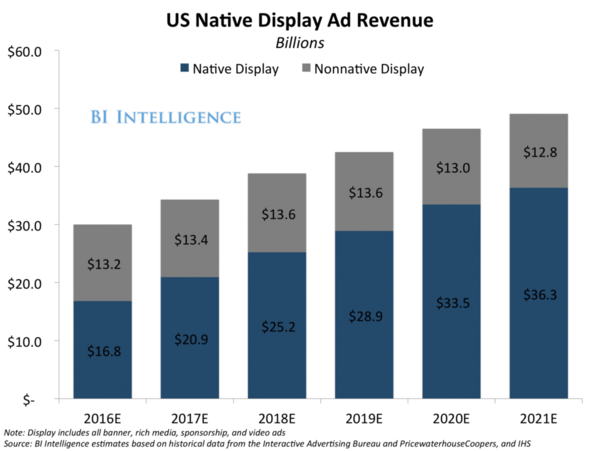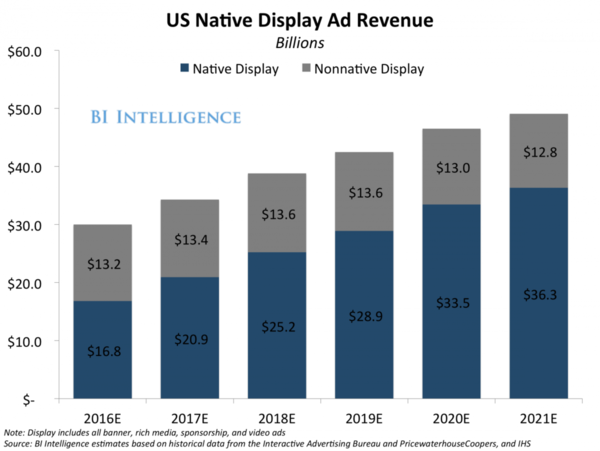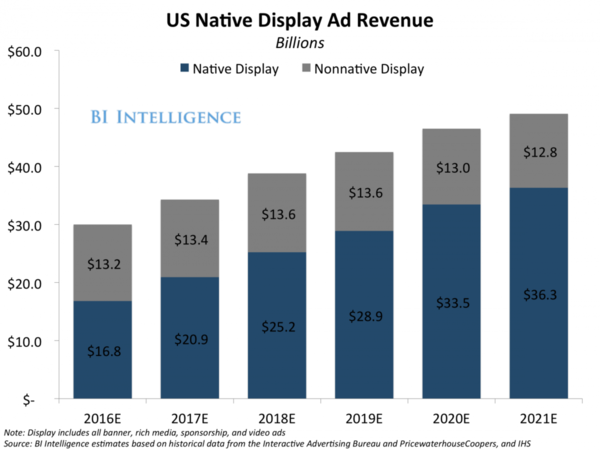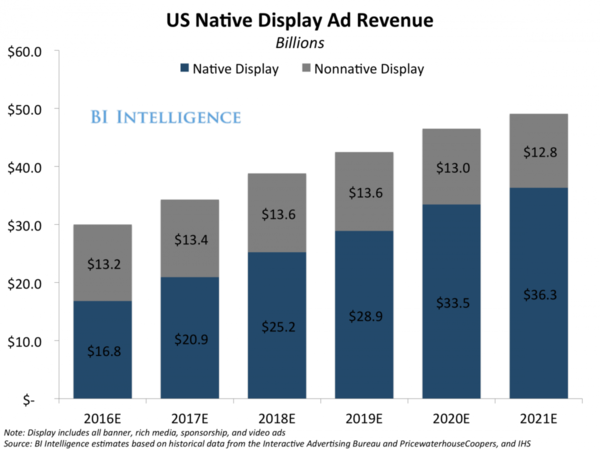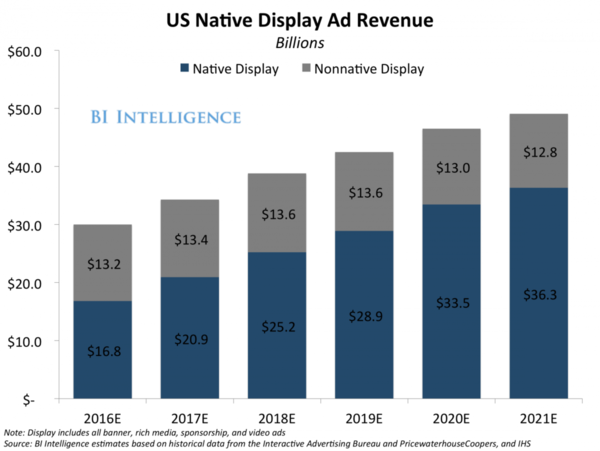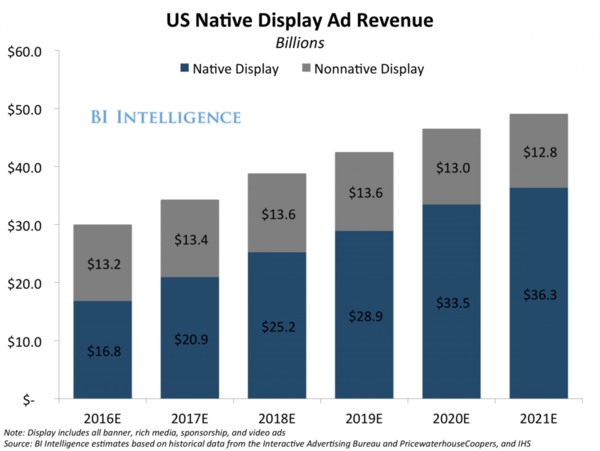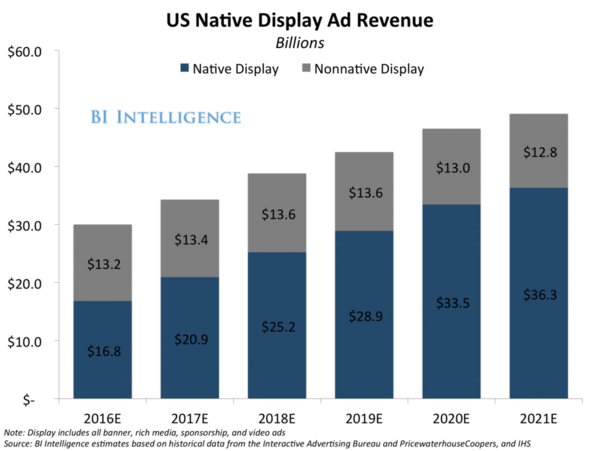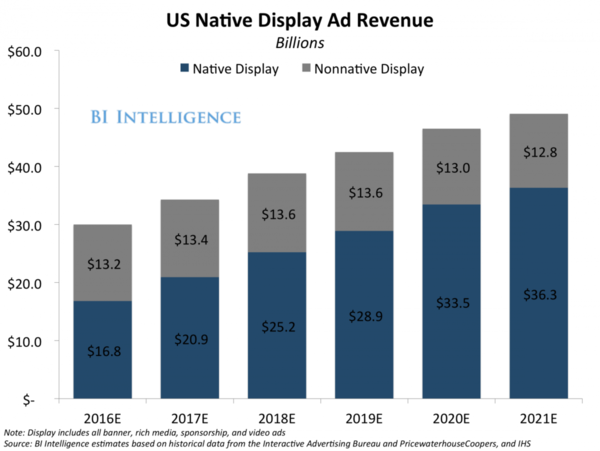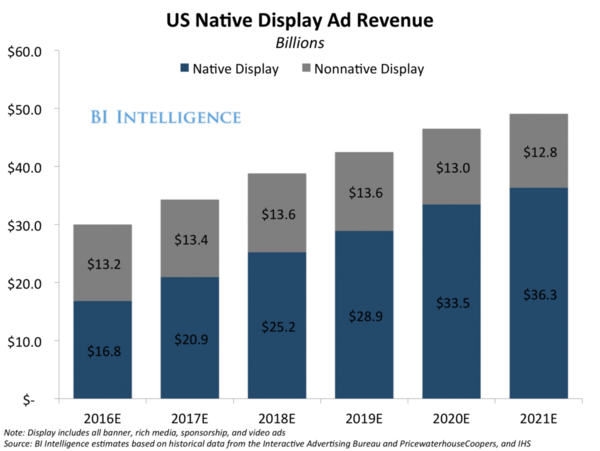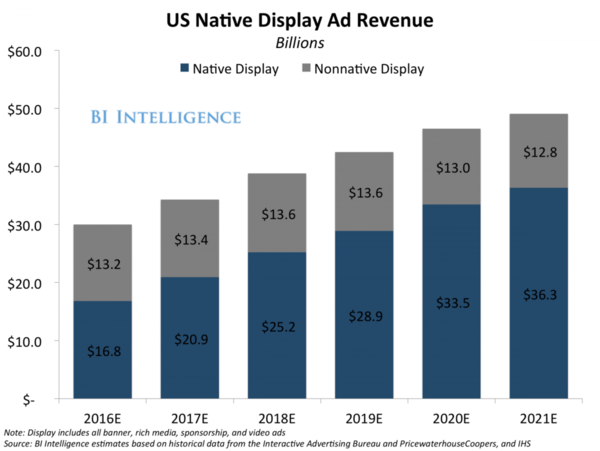
Targeted Marketing
Target marketing can help you attract new business, increase your sales, and make your business successful.
Welcome to our comprehensive Affiliate Marketing Glossary, your essential guide to mastering the language of affiliate marketing. Spanning from the fundamental to the advanced, these popular affiliate marketing terms serve as an invaluable resource for understanding the mechanisms and strategies within the affiliate marketing industry.
Target marketing can help you attract new business, increase your sales, and make your business successful.
Learn what targeted traffic is, why it's crucial for conversions, and discover effective strategies for attracting the right audience to your website. Explore m...
A text link is a single line of text containing a link to a website. Upon clicking on a text link the user is redirected to a different page.
The footer is automatically displayed at the bottom of the webpage or email. Learn more about it and the information it usually contains.
Long tail is a term/phrase that is searched by users very frequently. Long tail keywords are connected with the lower competition.
Tracking tokens are dynamically generated variables that allow you to track specific information in an ad campaign.
A top-level domain is a part located at the very end of the URL after the last dot. There are multiple groups of top-level domains.
Tracking is a feature of affiliate marketing that monitors the visitors on a web page. Learn more about the different tracking methods.
A tracking platform allows you to see important data about your websites. It shows you all the information captured while tracking your visitors.
Tracking software allows you to monitor and record visits to your site, attributing actions like clicks and conversions to specific affiliates using unique trac...
A tracking URL is a specialized web link with tracking codes or parameters enabling marketers to monitor, analyze, and optimize the performance of marketing cam...
Tracking is done by tagging a visitor or a particular link, enabling you to follow their actions. Learn more about tracking and its benefits.
Traffic is a business term used to describe the movements on the internet. Higher traffic means the site is more frequently visited by users.
Learn what an unattached affiliate is in affiliate marketing. Discover how this model works, its pros and cons, and how it compares to related and involved affi...
The link is a text that makes a relation between one web page/document/picture to another. Learn about the types of links and more in the article.
SOC is an abbreviation for the strength of competition. It is a number expressing the chances of your site ranking well for a particular keyword.
Tracker provides you with information about your campaigns in real-time. The tracking devices are easily downloadable and you can install them immediately.
A hit in affiliate marketing refers to a single request for a file from a web server. Learn why hits are not the same as unique visitors or pageviews, their rol...
Unique clicks tell you how many unique users have clicked on a link. Affiliate marketing offers metrics that indicate how many times a link has been clicked.
A unique user is an identified visitor on your website, tracked within a specified time frame. Understanding unique users is crucial for measuring reach, engage...
Verified opt-in, also known as double opt-in, is an email marketing practice requiring subscribers to confirm their intention to join a mailing list, ensuring h...
Video marketing is an excellent and easily accessible form of promotion. The most popular sites are Youtube, Facebook, or Instagram.
Viral marketing is a unique marketing technique based on users sharing the content. Facebook, Instagram, or Snapchat are great for viral marketing.
Monetize generally means to change an asset into money value. In affiliate marketing, it means to upgrade or to make a web page better.
A person or a group responsible for maintaining a website is called a webmaster. Learn more about the webmaster's responsibilities.
Learn what redirects are, the different types such as 301 and 302, how they impact SEO, and why they are essential in affiliate marketing. Explore best practice...
Learn what vertical markets are in business and affiliate marketing, how to choose the right vertical, and why focusing on a specialized niche can drive targete...
Opt-in is an explicit consent process where users agree to receive marketing communications. Learn the importance of opt-in, types, strategies, and best practic...
Banners are part of the company's marketing strategy. Try text link banners, image banners, HTML banners, and more. Learn more about these materials.
Lead in affiliate marketing means an action made by a visitor. In pay per lead payment model, affiliates earn commission for every action – lead.
A money page is a web page specially created to drive revenue by converting visitors into customers, often used in affiliate marketing and e-commerce with optim...
Spots are short videos or recordings, 30 to 60 seconds long, usually broadcast on traditional media such as television or radio. Learn how spot advertising is u...
A uniform resource locator (URL) defines an address of a web page. It consists of three parts: protocol, hostname, and file name.
Advertisers pay others to bring traffic to their websites, generate leads, and boost sales. Learn the role of advertisers in affiliate marketing and how they co...
API is an interface used by application programs, containing a group of functions and requirements that enable communication between software applications.
An offer in affiliate marketing is a merchant's proposal to affiliates to promote specific products or services in exchange for a commission. Learn about its co...
In affiliate marketing, segmenting refers to grouping elements such as country, operating system, or mobile carrier to gain insights and enhance targeted market...
Discover what white label means in marketing, how it works, and why companies use it to expand product offerings, reduce costs, and accelerate time to market. L...
White hat SEO refers to ethical and legitimate SEO strategies that follow search engine guidelines and focus on providing value to human audiences. Learn the ke...
Discover how whitelisting in marketing helps optimize campaigns by allowing only selected, high-quality traffic sources, improving ROI, and enhancing targeting ...
Alt text is a key component for both SEO and accessibility, helping search engines understand image content and enabling visually impaired users to access infor...
A web host is a company that offers web hosting services. They own servers that provide storage and services necessary to run a website.
The placement allows you to add your advertisement to a particular webpage. But, Facebook, for instance, does not enable placements.
Showing 181 to 223 of 223 results
Affiliate Marketing Glossary
As we lay the foundation with the essentials of affiliate marketing terms, it’s time to pivot toward understanding why these terms are not just words but tools for success. Delving into the importance of this terminology will reveal its power in the affiliate marketing ecosystem. Our focus on affiliate marketing terms and definitions ensures that you’re equipped with the knowledge needed to navigate this dynamic field.
Navigating the affiliate marketing landscape requires a solid grasp of specific terminology. Knowing these affiliate terms is essential for success in the industry because it allows for clearer communication with partners, better strategy formulation, and more effective campaign analysis. Terms such as “Affiliate Network,” “Conversion Rate,” and “Cost Per Action (CPA)” are fundamental, yet understanding their nuances can significantly impact the effectiveness of your marketing efforts.
This glossary aims to demystify affiliate marketing jargon, providing a clearer path to achieving your marketing goals. By familiarizing yourself with this terminology, you can effectively strategize, analyze, and optimize your affiliate marketing campaigns, ensuring that you are leveraging every opportunity for growth and profitability.
To make the most out of this glossary, view it as a dynamic learning tool rather than a mere reference. Engage with it actively by incorporating the terms into your marketing plans and discussions.
Regular revisitation and practical application of these terms in your strategies can facilitate better assimilation of the knowledge contained herein. This approach not only enriches your understanding but also enhances your ability to apply these concepts effectively in real-world scenarios.
As you grow more familiar with the terminology, you’ll find it easier to navigate the complexities of affiliate marketing and to communicate more effectively with peers, partners, and platforms.
Having established a baseline of affiliate marketing knowledge, we’re poised to take the next step forward. Let’s now explore some of the advanced terminology that opens up a deeper understanding and application of affiliate marketing strategies, pushing beyond the basics toward mastery. This journey into popular affiliate marketing terms will further your ability to craft sophisticated marketing strategies.
As you delve deeper into the world of affiliate marketing, you’ll encounter more complex terms that are key to unlocking higher levels of success. Understanding advanced concepts such as “Earnings Per Click (EPC),” “Lifetime Value of a Customer (LTV),” and “Return on Investment (ROI)” can provide you with a competitive edge.
These terms help in evaluating the efficiency and profitability of your affiliate campaigns. For instance, “Earnings Per Click (EPC)” measures the average revenue generated per click on an affiliate link, offering insights into the performance of your affiliate efforts. Knowing and applying these advanced terms in your strategies will enable you to optimize campaigns, allocate resources more effectively, and achieve sustainable growth.
This glossary is designed to be a cornerstone of your affiliate marketing education, helpful for beginners who are getting acquainted with the basics and for experienced professionals seeking to deepen their knowledge and refine their strategies.
We encourage you to explore, learn, and revisit these terms as you navigate the evolving landscape of affiliate marketing. With this glossary as your guide, you’re well-equipped to expand your marketing prowess and to forge successful affiliate partnerships that drive your business forward.
Manage multiple affiliate programs and improve your affiliate partner performance with Post Affiliate Pro.

